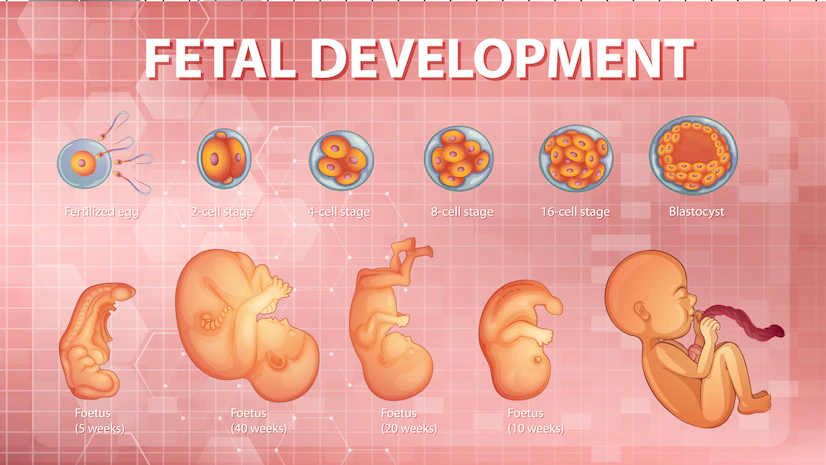Hooray! You gave birth to a beautiful baby! How could you deal with difficulties during the postpartum period?
Now comes the hard part of living with the new mother and child. The postpartum period is a time of change, both at birth and also internally. It’s not uncommon for women to experience mood swings, anxiety, or even depression during this time. You may also be experiencing physical changes as your body returns to its regular state.
It’s easy to fall into bad habits and feel overwhelmed by the responsibilities of raising your family on your own.
This blog post will share some bad habits to avoid besides good habits to follow that can improve your home life as well as raise a healthy, happy, and contented baby during postpartum.
If you are struggling with feelings of loneliness or inadequate parenting skills, take a break from time-consuming tasks like rocking or feeding for 10 minutes for every 2 hours you spend working around the clock. Take a break to do some deep breathing, get refreshed, and then return to spending time with your baby.
While the baby is very young, it is helpful for the new mother to spend lots of time holding and cuddling her newborn. Babies are more responsive and relaxed when they have been close to their mother from birth. This also helps the mother establish her own emotional bond with her child, which will help form a close relationship as the child matures.
If you are fatigued from lack of sleep, get out of the house for a few hours by going for walks or visiting friends that have babies about your baby’s age. When you return, put your baby down for a nap in a peaceful environment, and then fix yourself a cup of tea or a snack and get back to work.
If the baby is sleeping well at night, it’s best to let her sleep as much as she needs. This will help reduce the stress you feel from being overtired and struggling with new maternal responsibilities. Before putting the baby down for a nap, try your hardest to ‘read’ her face. Is she sleepy? Does she need some extra cuddling or rocking? As you observe her every movement and sound, you’ll be able to discern what type of care she needs right now. This will help you minimize crying and help her get the rest she needs. After all, a well-rested baby is a happy baby.
When you have just taken your child home from the hospital, it’s normal to feel overwhelmed and sad at first. Whether it’s because you’re worried about her health or are adjusting to life as an empty nester, these feelings will pass with time. Instead of dwelling on these feelings, spend time thinking about what your new role will be as a mother. Keep this list nearby for easy reference: Staying at home with my daughter – This is my job now.

“You might feel unattractive, weak, not in control of your body, have no confidence, and think that you’ve lost your identity as a woman because of the birth experience,” says Linda S. Mintle, EdD, a clinical psychologist. “While these feelings are normal and are part of the many changes you are experiencing after giving birth, it is important to talk with your partner or a close friend about how you feel during this period.”
As you focus on caring for your baby and adjusting to motherhood, it’s easy to become overwhelmed with all that’s happening. You may need some extra help learning how to cope with the new stressors in your life. There are several ways you can do this.
“It’s important to visit a mental health professional who can help you address your issues with postpartum depression, anxiety, or grief,” Mintle says. “If you’re experiencing severe depression, talk with your healthcare provider about medications and therapy options.” But don’t wait until after you give birth to seek help, she adds.
“You don’t want to find out that you had postpartum depression when there was still time to treat it,” Mintle says. “It’s best to initiate treatment as soon as possible. This shows your baby that you are strong and can take care of yourself, which will feed back to your ability to take care of the baby.”
The best way to approach the postpartum period is to be prepared. Take time before your child’s birth to develop a plan and write it down.
You might include steps to prevent postpartum depression, ways you can deal with typical challenges, signs that you need help and what you’ll do if those signs appear, she says. If you have other children at home, talk about what will happen for them during this time as well. Postpartum mood changes can occur whether or not you’ve had depression in the past.


